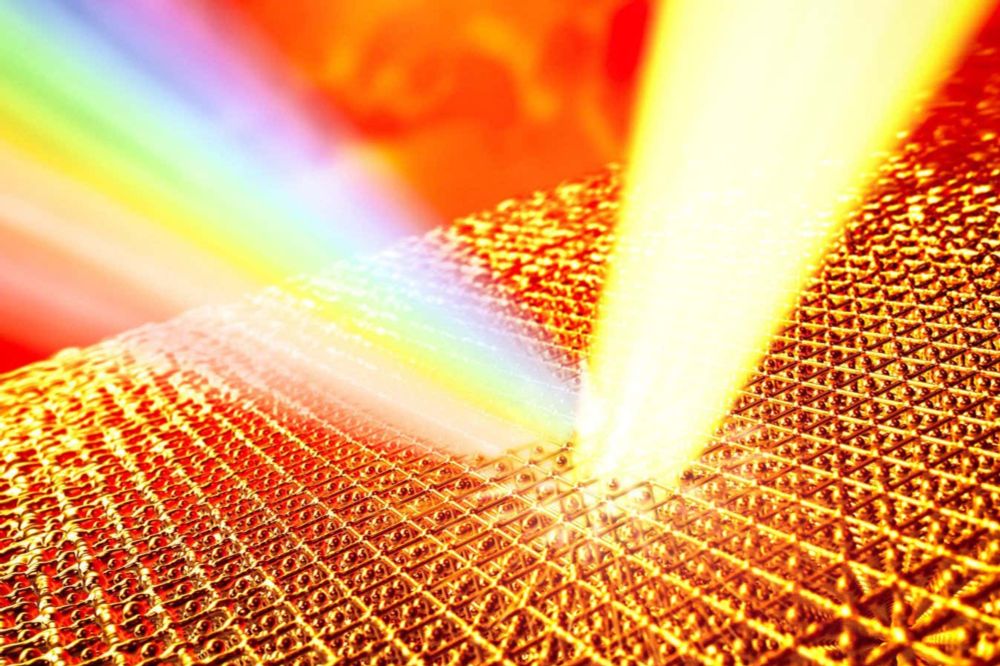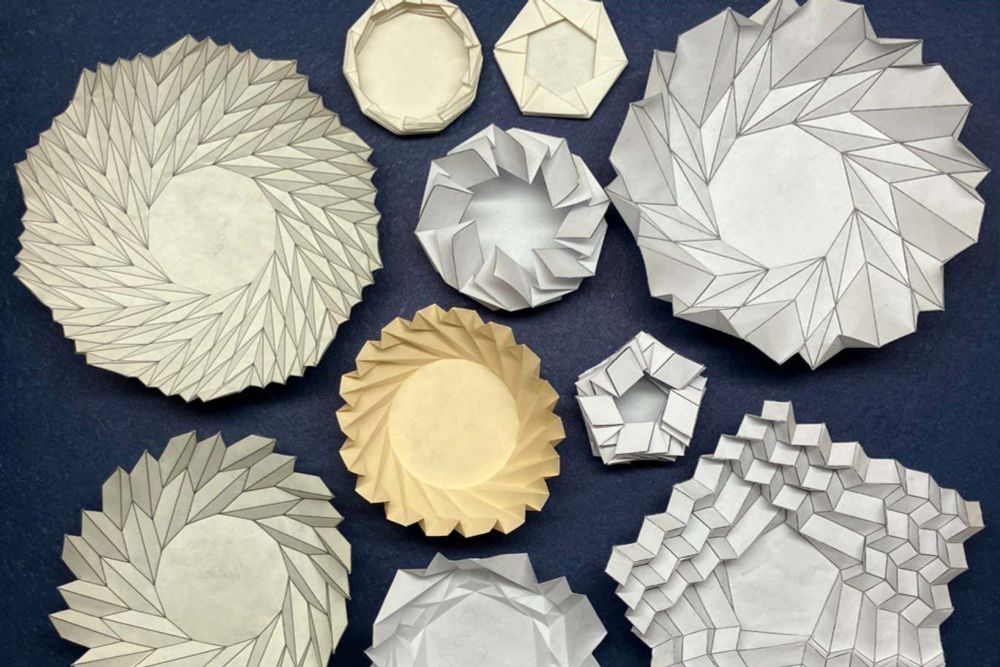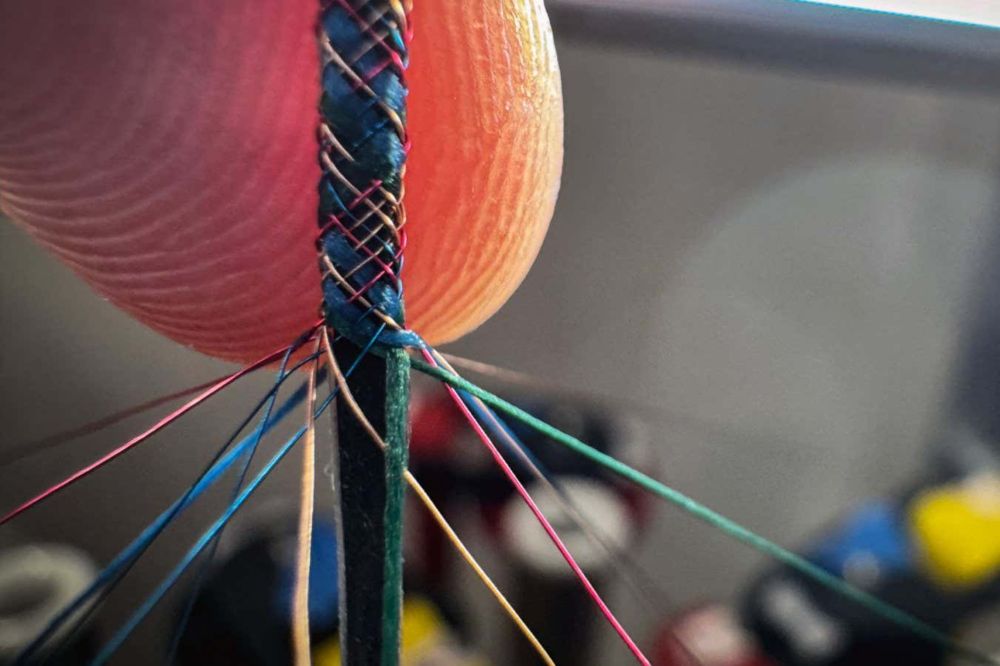Alex Wilkins
@alexwilkins.bsky.social
880 followers
940 following
71 posts
journalist with New Scientist focusing on physics, space and tech.
https://www.alex-wilkins.com/
Posts
Media
Videos
Starter Packs
Alex Wilkins
@alexwilkins.bsky.social
· Aug 20

Nuclear fusion gets a boost from a controversial debunked experiment
A 1989 experiment offered the promise of nuclear fusion without the need for high temperatures, but this "cold fusion" was quickly debunked. Now, some of the techniques involved have been resurrected ...
www.newscientist.com
Alex Wilkins
@alexwilkins.bsky.social
· Aug 15

Jacket that gets thinner when you sweat could help avoid overheating
A material made from bacterial cellulose alters its insulating properties in dry and moist conditions, which could help you stay a comfortable temperature whatever the weather
www.newscientist.com
Alex Wilkins
@alexwilkins.bsky.social
· Jul 28

Signs of alien life on exoplanet K2-18b have all but vanished
Earlier this year, astronomers reported possible evidence of life on another planet – but new observations from JWST suggest the apparent biosignature isn’t there after all
www.newscientist.com
Alex Wilkins
@alexwilkins.bsky.social
· Jul 25

Peculiar galaxy seems to contain surprisingly pristine stars
Stars uncontaminated by heavier elements are thought to have formed very early in the universe, but a galaxy much later in cosmic history might let us see them for the first time
www.newscientist.com
Alex Wilkins
@alexwilkins.bsky.social
· Jul 23

Gold can be heated to 14 times its melting point without melting
With fast heating, sheets of gold can shoot past the theoretical maximum temperature a solid can have before it melts – raising questions about what the true limits are
www.newscientist.com
Alex Wilkins
@alexwilkins.bsky.social
· Jul 16

Ancient rocks show earliest evidence of tectonic activity on Earth
The origins of plate tectonics on Earth are hotly debated, but evidence from Australia now shows that parts of the crust moved in relation to each other as early as 3.5 billion years ago
www.newscientist.com
Alex Wilkins
@alexwilkins.bsky.social
· Jul 10

Peculiar plant could help us reconstruct ancient Earth’s climate
Something strange happens to water as it moves through the stems of horsetail plants – and this unique process provides valuable clues for understanding past and present ecosystems
www.newscientist.com
Alex Wilkins
@alexwilkins.bsky.social
· May 20
Alex Wilkins
@alexwilkins.bsky.social
· May 20
Alex Wilkins
@alexwilkins.bsky.social
· May 20

Astronomers double down on claim of strongest evidence for alien life
Are there aliens living on the exoplanet K2-18b? Some astronomers believe they have evidence for molecules on the planet that must have a biological origin, but others disagree
www.newscientist.com
Alex Wilkins
@alexwilkins.bsky.social
· May 7

Concerns raised over AI trained on 57 million NHS medical records
The makers of an AI model called Foresight say it could help predict disease or hospitalisation rates, but others have expressed concern about the fact it is trained on millions of health records
www.newscientist.com
Alex Wilkins
@alexwilkins.bsky.social
· Apr 17

Will we ever have confirmation of life outside our solar system?
The report of possible biosignatures on the exoplanet K2-18b is exciting, but we are a long way from establishing beyond doubt that there is life on such a distant world
www.newscientist.com
Alex Wilkins
@alexwilkins.bsky.social
· Apr 17
Alex Wilkins
@alexwilkins.bsky.social
· Apr 17
Reposted by Alex Wilkins
Matthew Sparkes
@sparkes.bsky.social
· Mar 12

Doubts cast over D-Wave's claim of quantum computer supremacy
D-Wave's claim that its quantum computers can solve problems that would take hundreds of years on classical machines have been undermined by two separate research groups showing that even an ordinary ...
www.newscientist.com
Alex Wilkins
@alexwilkins.bsky.social
· Feb 25

Intuitive Machines' lunar lander Athena set to blast off to the moon
A SpaceX Falcon 9 rocket is about to launch a number of missions, including a private lunar lander, a lunar satellite for NASA and a prospecting probe for an asteroid-mining company
www.newscientist.com









